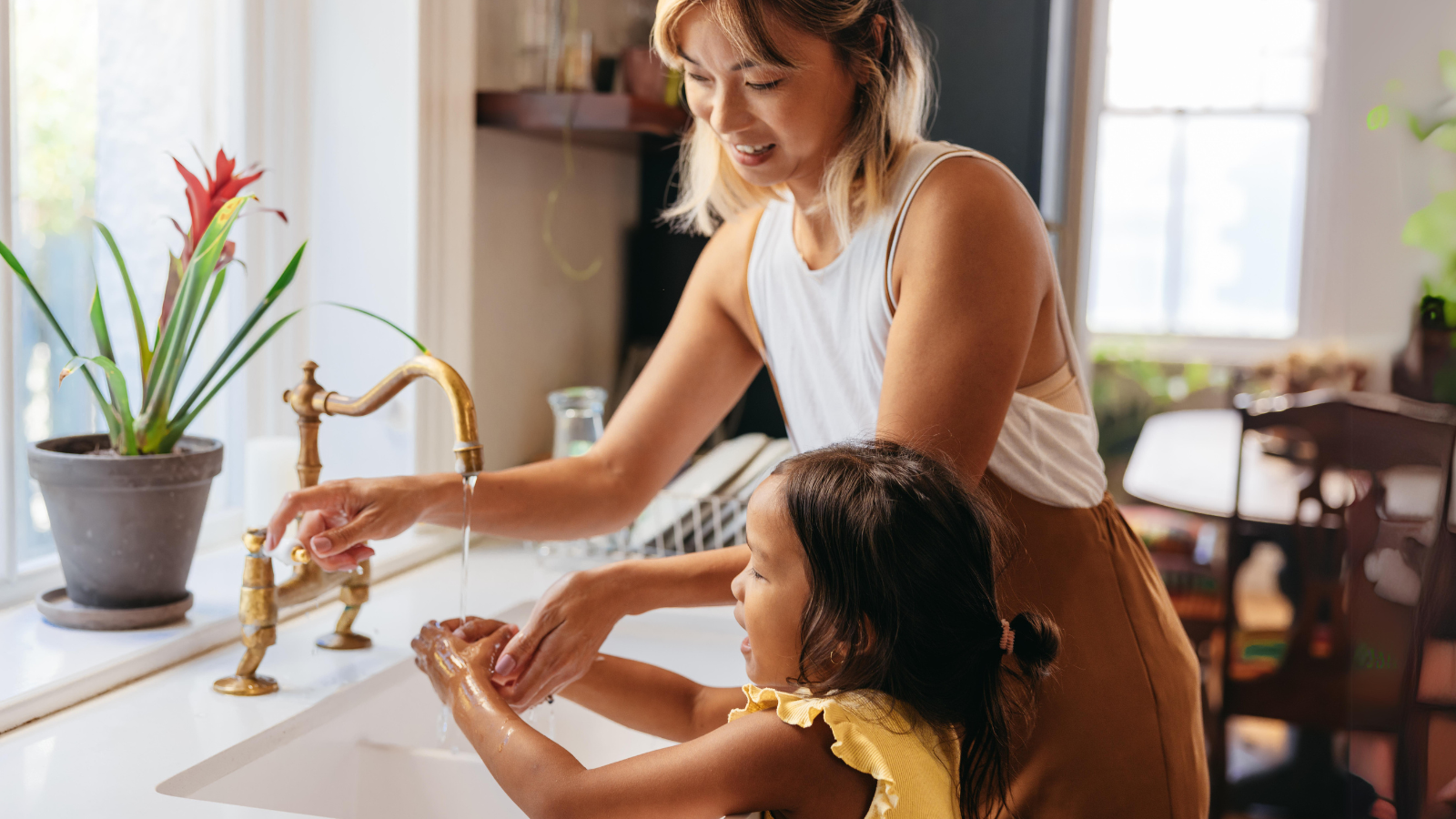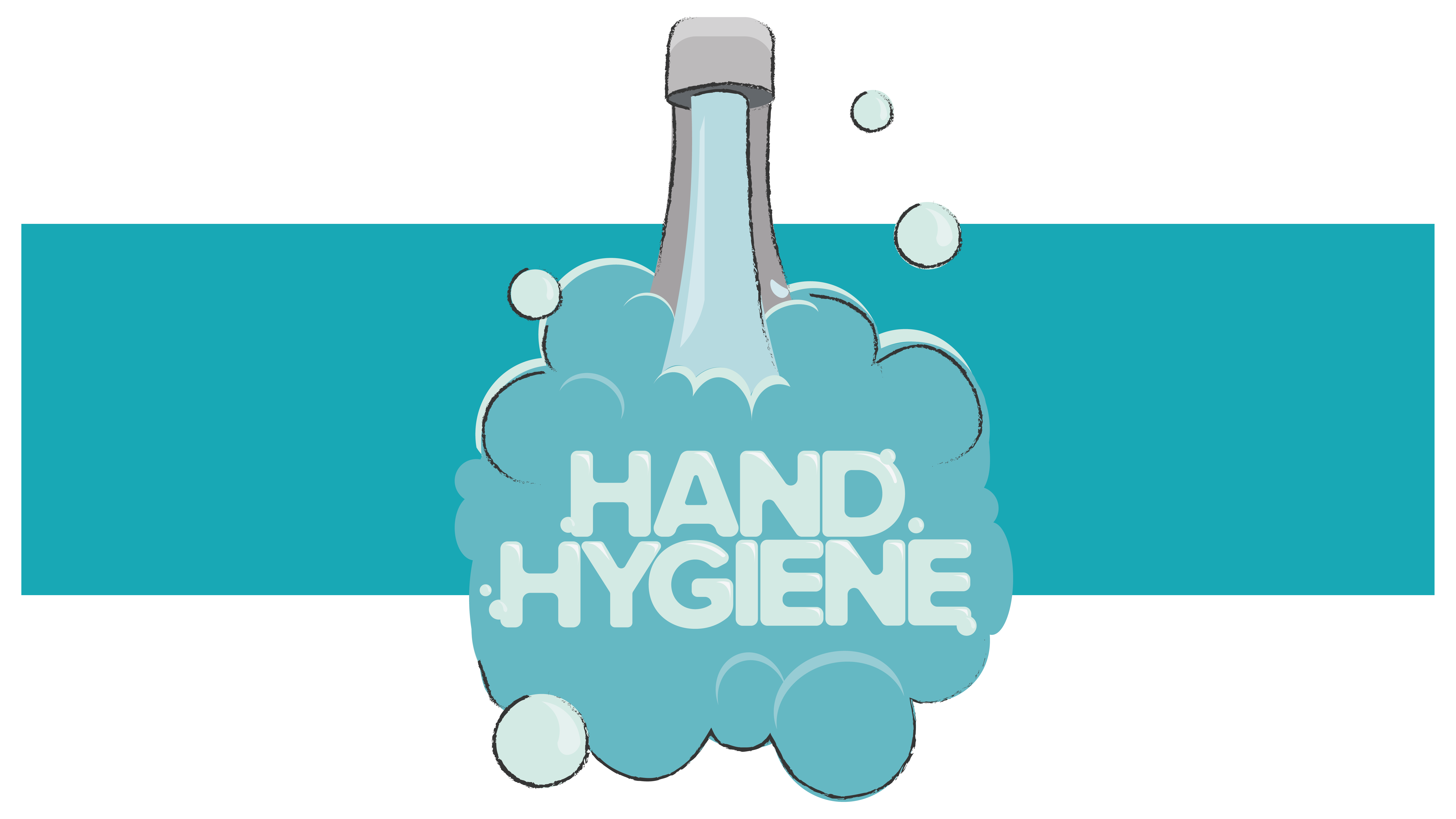Hand Hygiene and Infection Prevention
It’s not magic – it’s hand hygiene! Protect your health in 20 seconds with soap and clean, running water.
2 min read
Healthcare Highways : Nov 08, 2024

National Handwashing Awareness Week is a significant public health initiative that aims to raise awareness about the importance of handwashing in preventing the spread of germs and illness. This year, the week is observed from December 1 to 7, 2024.
Handwashing is one of the most effective ways to prevent the spread of germs and illness. Germs can be spread through contact with contaminated surfaces, such as doorknobs, keyboards, and handrails, and through contact with other sick people.
By washing your hands frequently with soap and water, you can help to protect yourself and others from a variety of illnesses, including:
The Importance of Handwashing
According to the Centers for Disease Control and Prevention (CDC), handwashing can reduce the risk of getting sick by up to 40%. It is also one of the most cost-effective ways to prevent the spread of illness.
Handwashing can help prevent the spread of germs and illness in several ways. First, it removes germs from your hands. Second, it helps break down the fatty outer layer of germs, making them more susceptible to being killed by soap and water. Finally, it helps flush germs away from your hands.
How to Wash Your Hands Properly
To wash your hands properly, follow these steps:
When to Wash Your Hands
It is important to wash your hands at key times throughout the day. These times include:
Handwashing Tips
Here are a few tips to help you make handwashing a part of your daily routine:
National Handwashing Awareness Week Resources
Several resources are available to help you learn more about National Handwashing Awareness Week and the importance of handwashing. These resources include:
Take Action: Wash Your Hands and Stay Healthy
National Handwashing Awareness Week is an important opportunity to raise awareness about the importance of handwashing in preventing the spread of germs and illness. By washing your hands frequently with soap and water, you can help to protect yourself and others from a variety of illnesses.
Sources

It’s not magic – it’s hand hygiene! Protect your health in 20 seconds with soap and clean, running water.

Introduction to Diabetes: A Guide to Prevention, Diagnosis, and Management November is National Diabetes Awareness Month, a time dedicated to...

Nearly 90% of skin melanomas are caused by excess UV exposure.